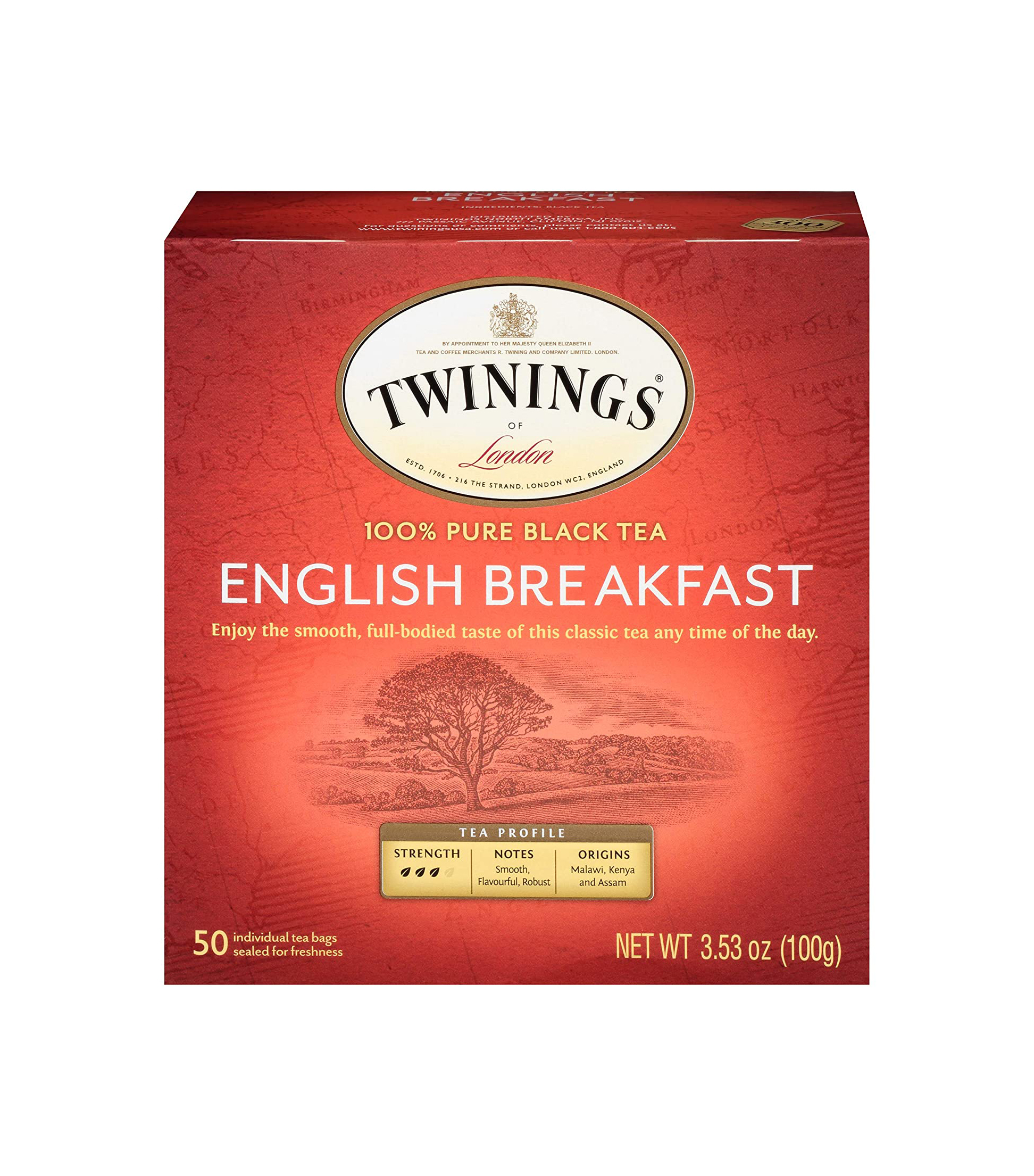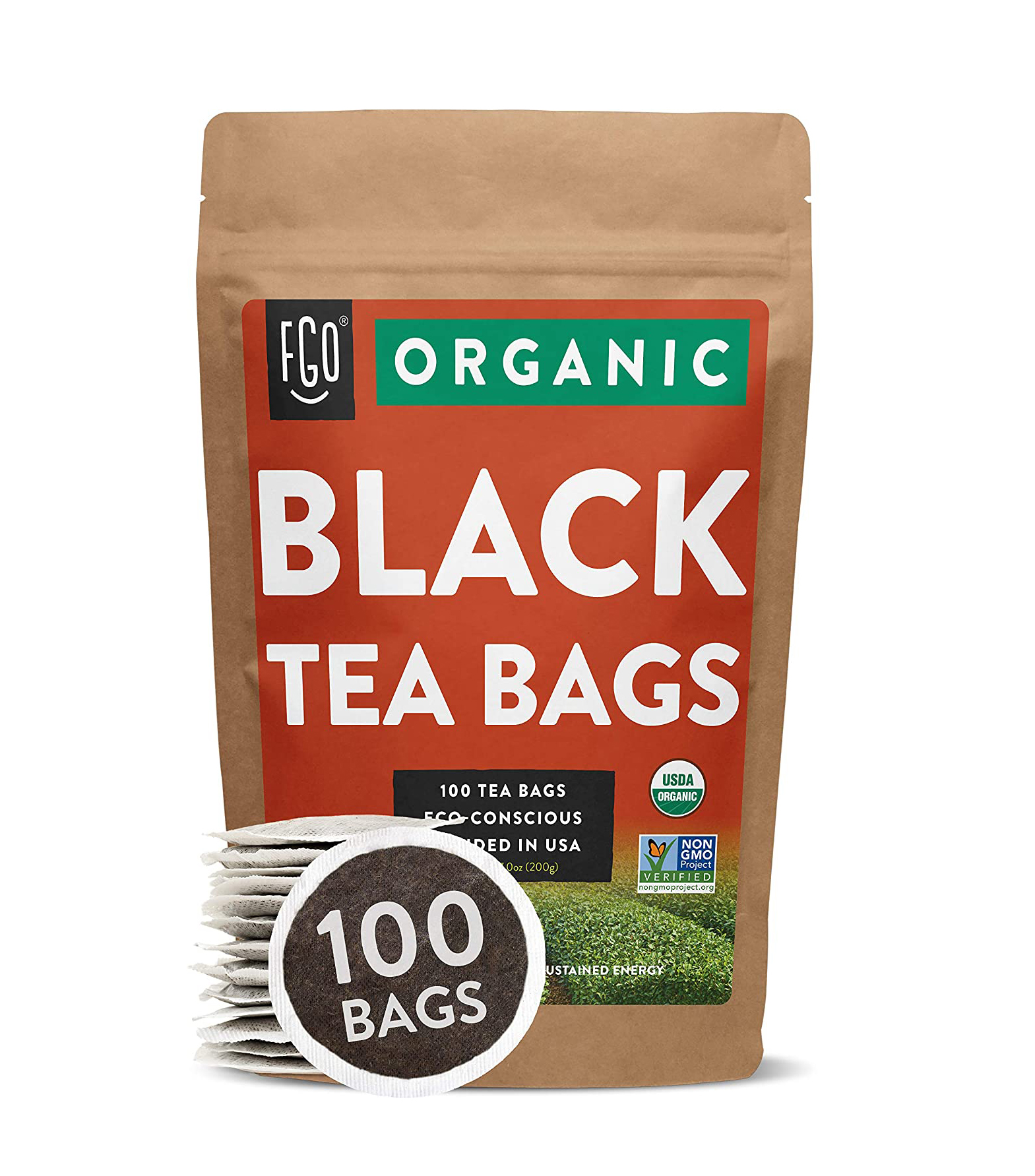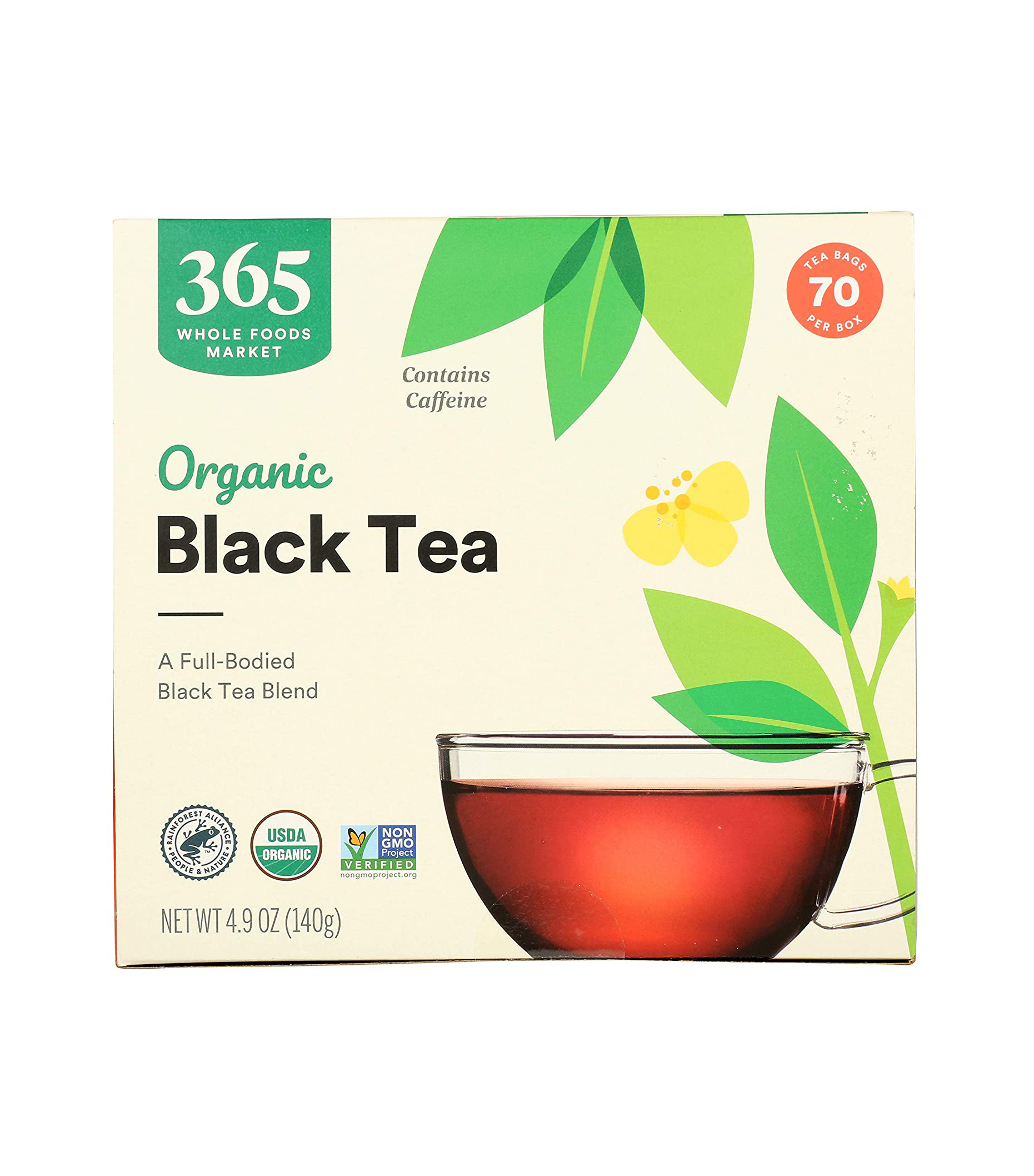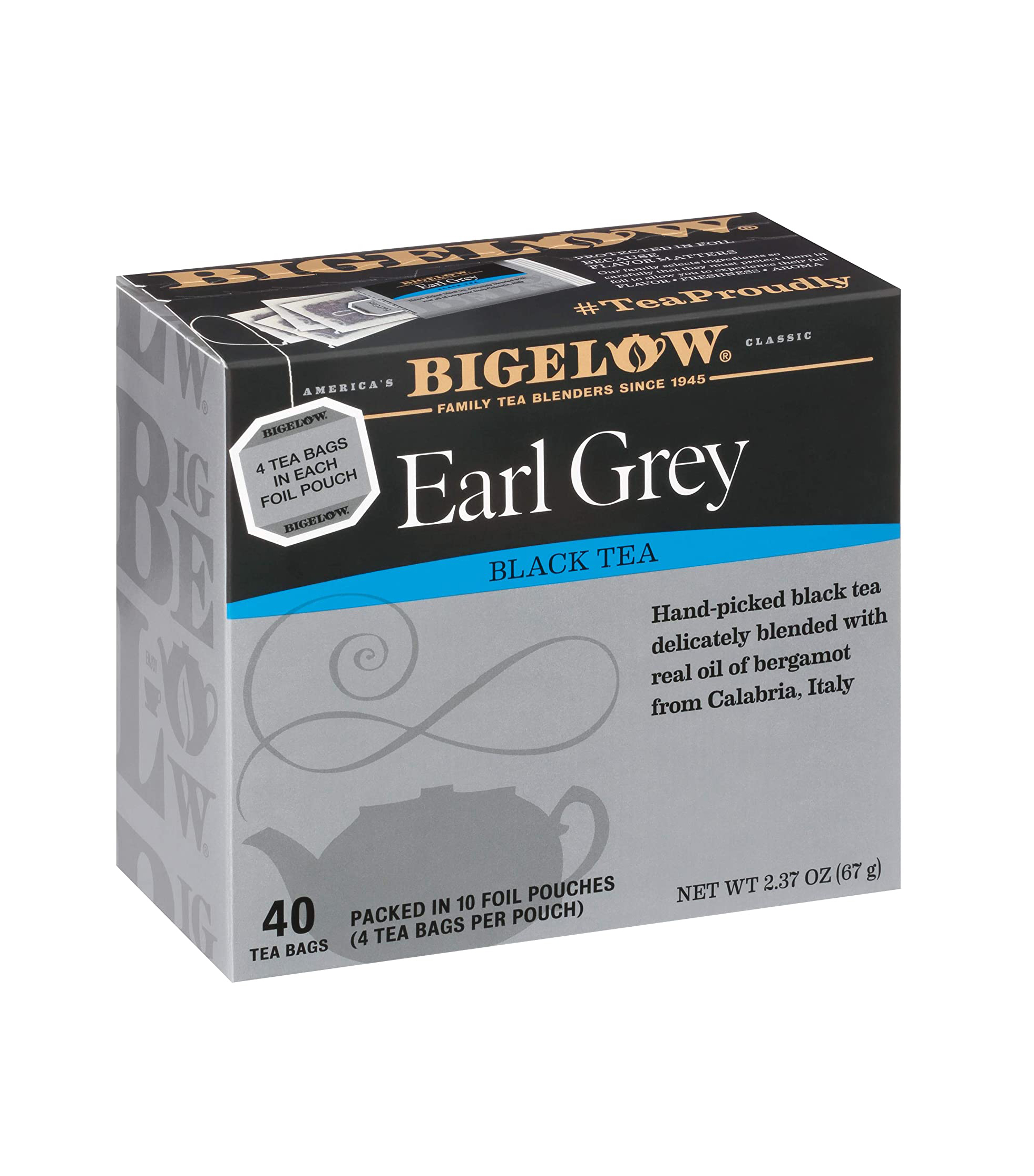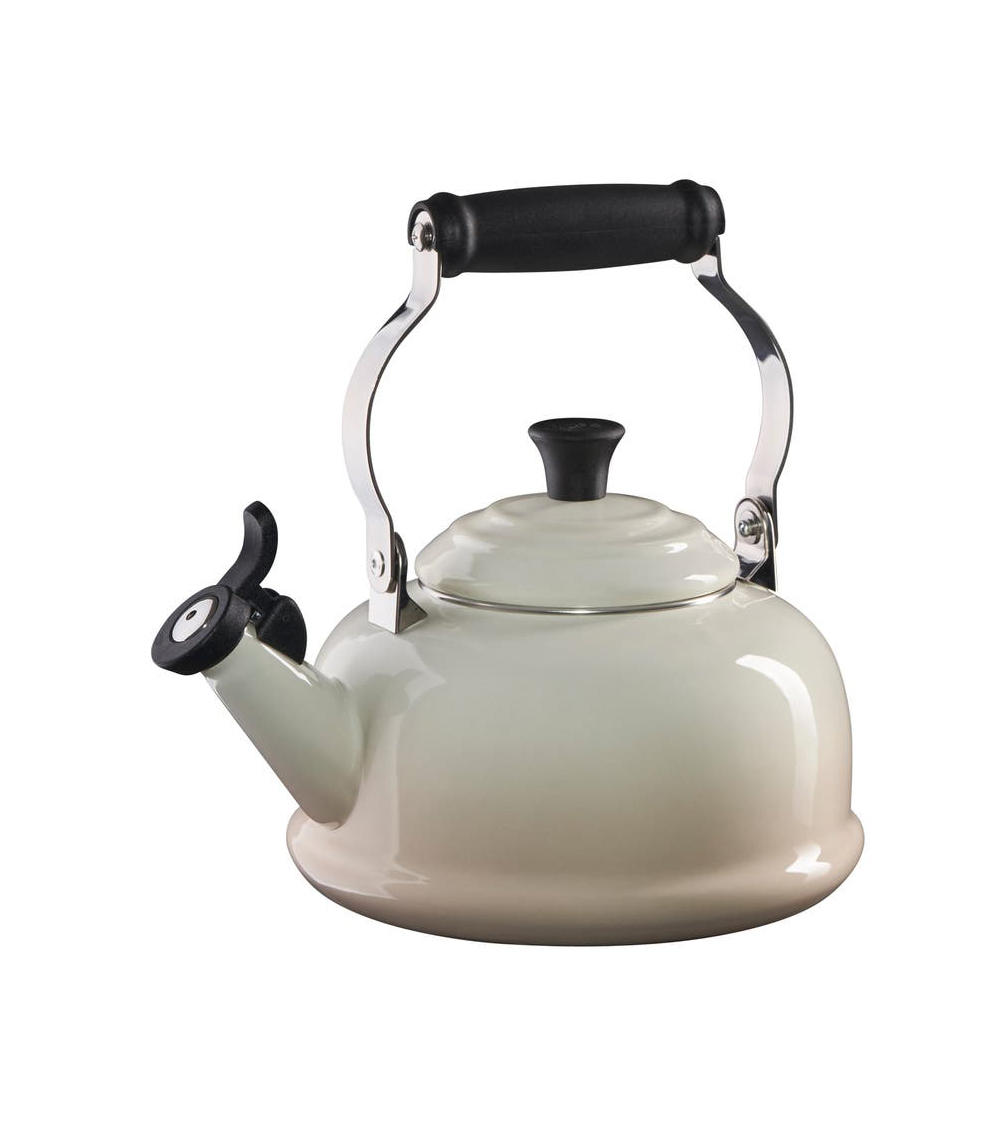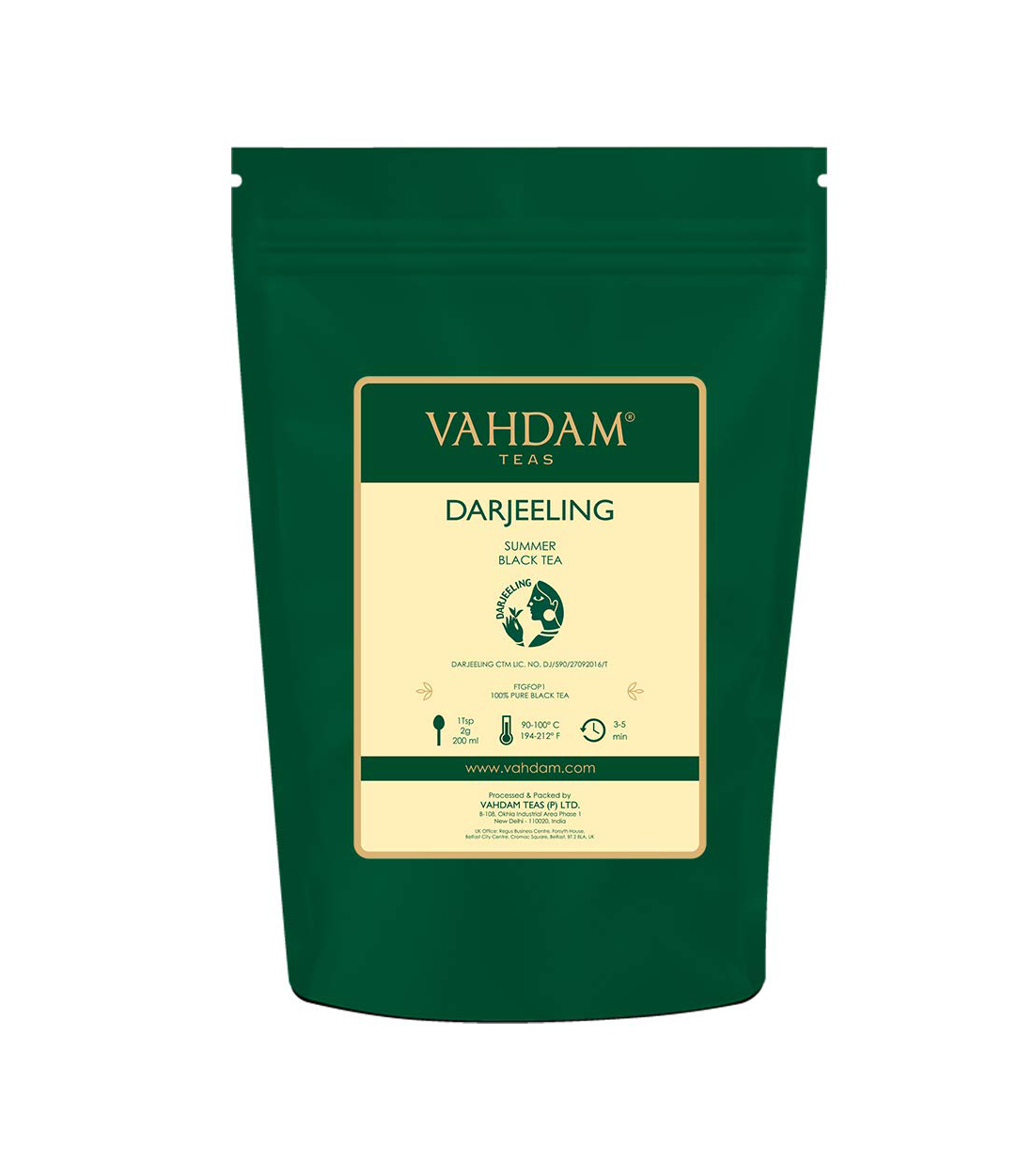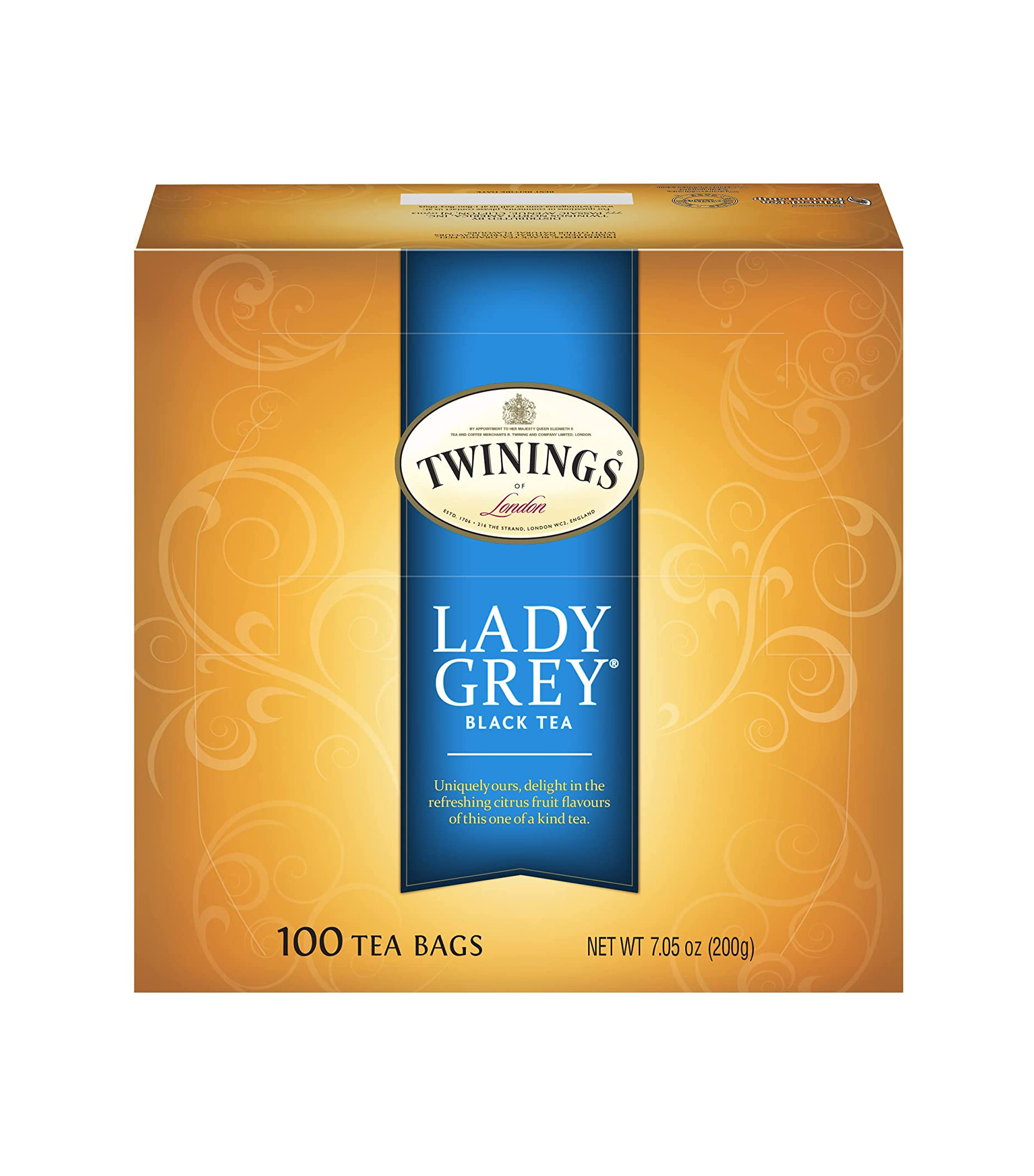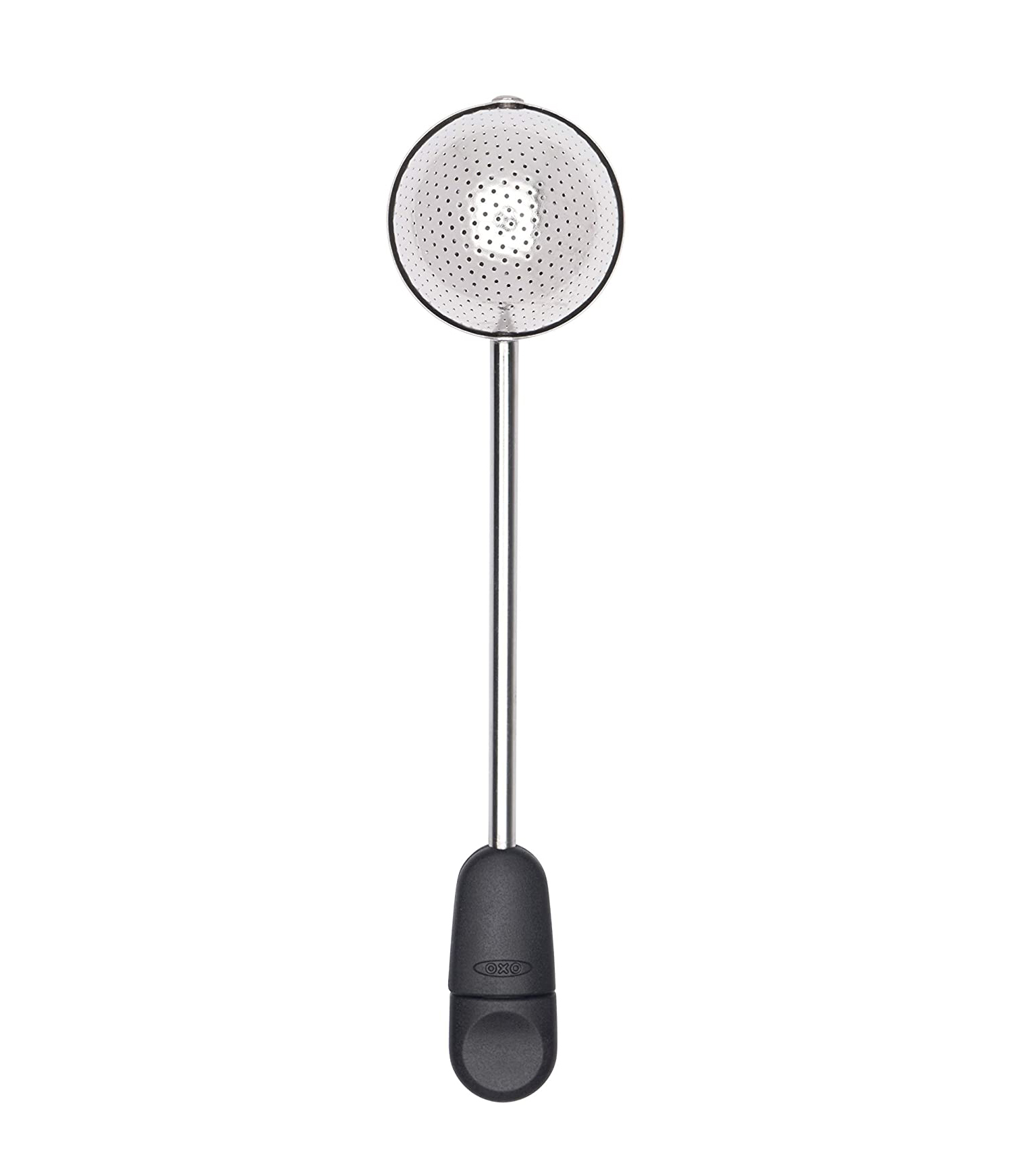6 Reasons You'll Want to Consider Swapping Out Coffee for Black Tea

If you've been trying to cut back on your daily cup of coffee or caffeine intake, you probably already know that swapping it with tea can help you get a similar energy boost. But of course, if you want to drink tea for the caffeine, you're going to want to choose the right blend. Some are better suited for bedtime, after all. Enter black tea, the powerhouse drink that you can brew to start your day off right or give you a little pick-me-up.
So what exactly is black tea? There are different varieties. "Black, oolong, and green tea are all made from leaves of the evergreen species Camellia sinensis. The difference between them is the leaf fermentation levels (fully fermented, partially fermented, and unfermented, respectively)," explains Geoffrey W. Abbott, M.Sc., Ph.D., professor of physiology and biophysics at the University of California, Irvine. "All three naturally contain caffeine. Varieties of black tea include Assam, Darjeeling, Ceylon, Lapsang souchong (a smoky tea), Earl Grey and Lady Grey (both of which contain oil of bergamot, while Lady Grey also contains citrus peel), and English and Irish breakfast teas."
Black tea is a great alternative for coffee because it's generally a stronger flavor and is higher in caffeine compared to other teas, adds Ivy Carson, NP-BC, IFMCP, a nurse practitioner at Parsley Health. "In fact, a strong cup of black tea may contain as much caffeine as half a cup of coffee," she says. Sounds pretty good, right?
And in addition to the caffeine boost, it's also good for your health. The experts shared some black tea health benefits below.
1. It Boosts Energy and Mental Focus
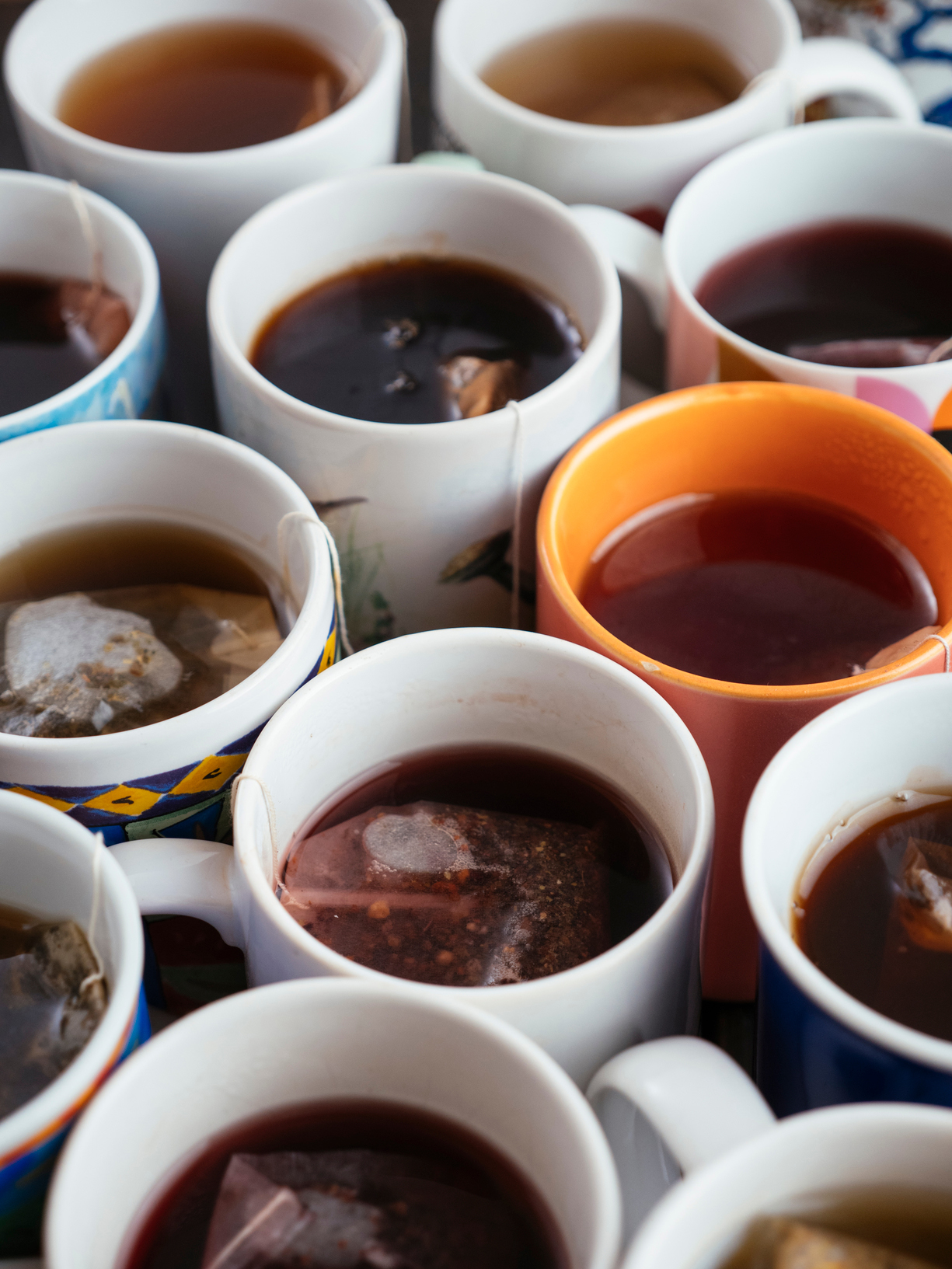
In addition to the burst of energy black tea will give you, Carson adds that it supports mental focus as well. If you can't function in the morning without your caffeine fix, try some black tea to get you all set for the workday.
2. It Can Improve Gut Health
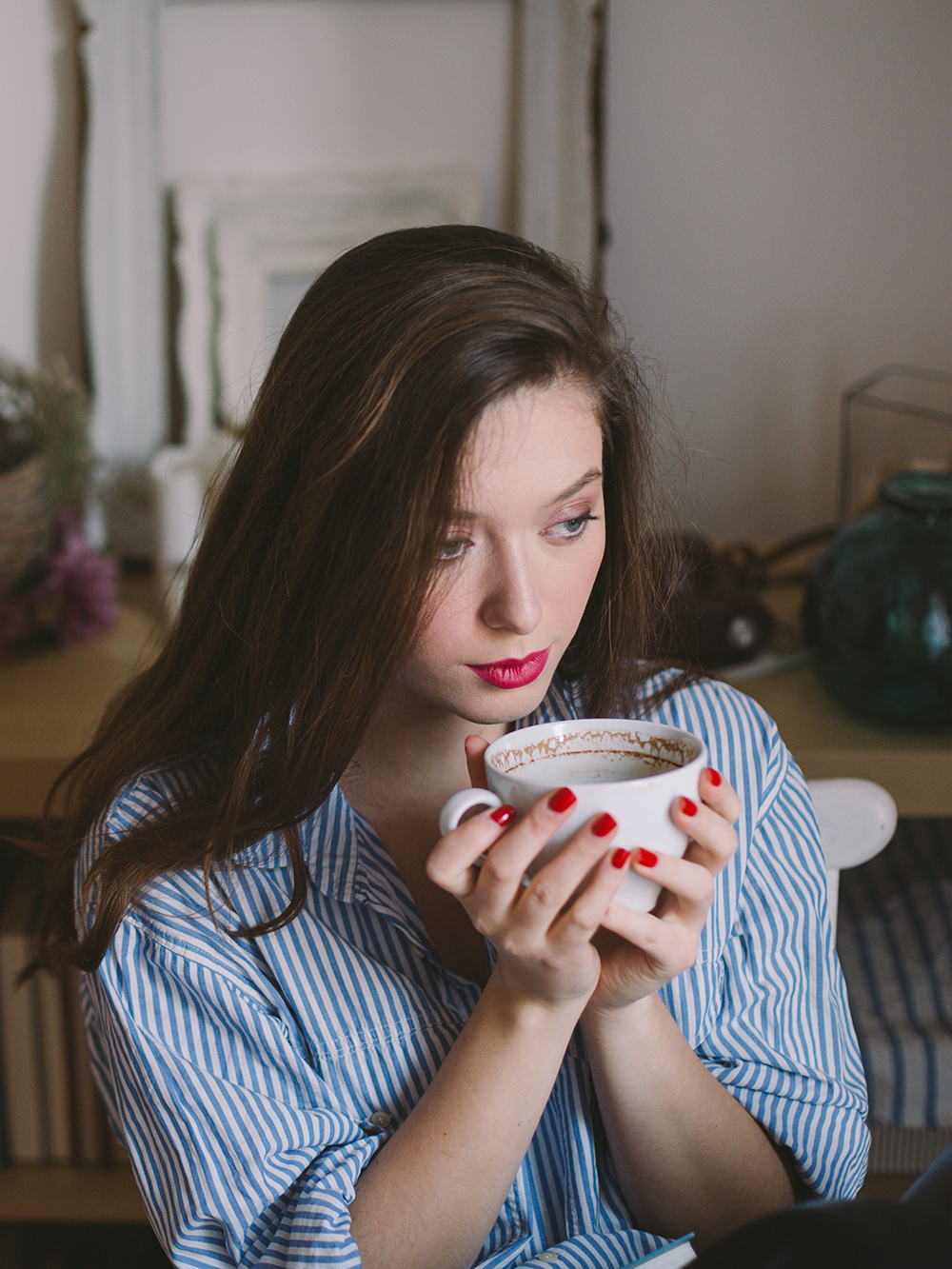
"The antimicrobial properties found in black tea may help promote the growth of the good bacteria found in the gut microbiome, which is so vital for supporting overall gut health," explains Valerie Agyeman, RD, dietitian and host of The Flourish Heights Podcast. Carson adds that it has been suggested that black tea also can minimize the overgrowth of more problematic strains of bacteria in the gut.
3. It's High in Antioxidants
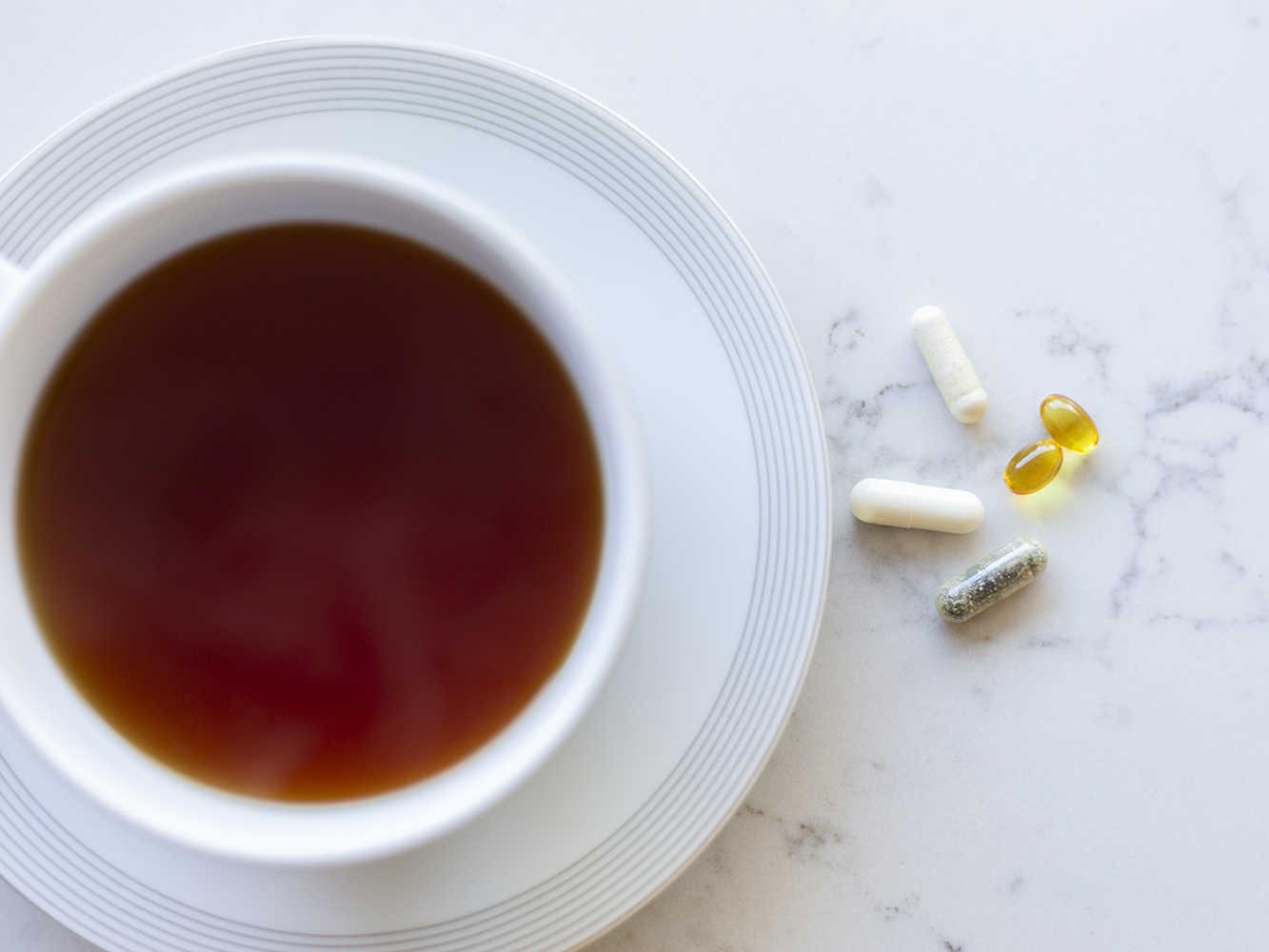
"It is high in antioxidants, which can protect against the effects of free radicals, including cell damage, illness, and aging," Carson says.
4. It May Lower Blood Sugar Levels

"The main sources of antioxidants in black tea are catechins, theaflavins, and thearubigins," Carson says. "Catechins specifically may improve insulin utilization by the body and therefore lower blood sugar levels." Agyeman also adds that it has a great taste without added sugars. Some coffee blends could have added sugar, or if you add sugary creamers or sweeteners, that can up your sugar intake.
5. It Supports Cardiovascular Health
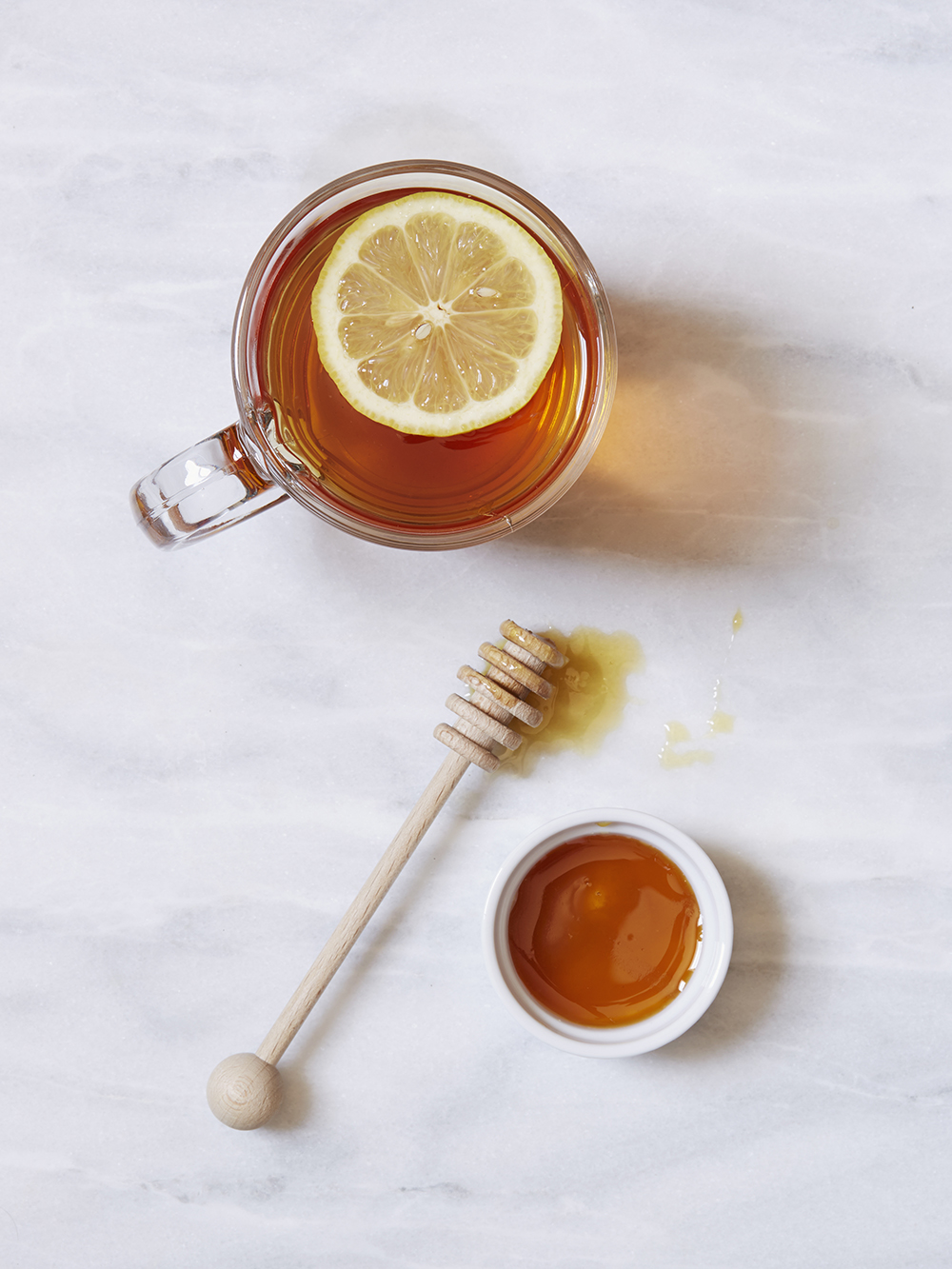
"A few studies have shown that drinking black tea may help support the heart by lowering blood pressure and reducing levels of LDL in the blood," Agyeman explains. Carson says that black tea contains flavonoids, which have been shown to be beneficial for cardiovascular health.
6. It Has Cancer-Fighting Properties
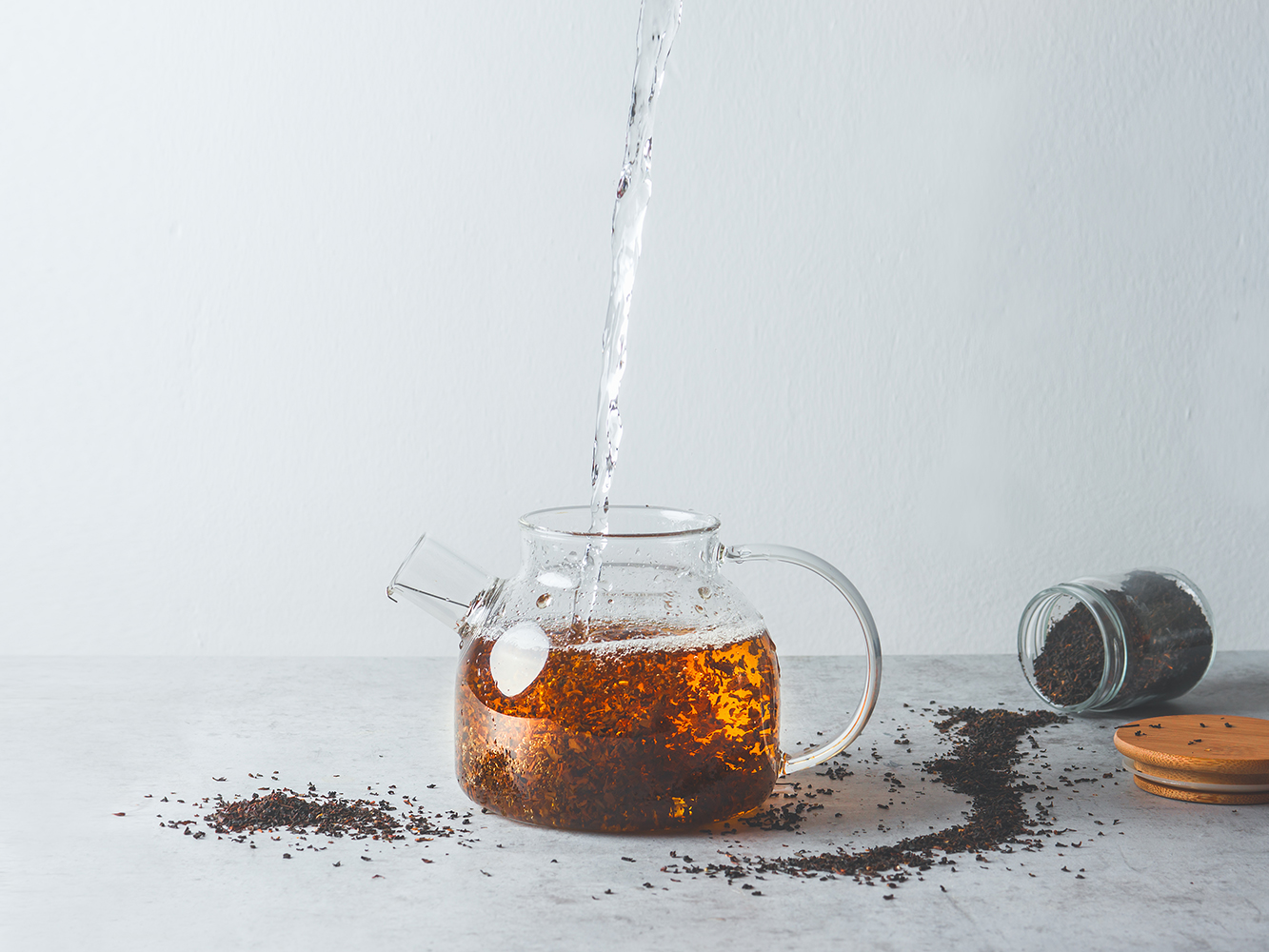
"Black tea contains polyphenols, a type of antioxidant that fights against disease and reduces the risk for various types of cancer," Agyeman says.
How to Drink Black Tea

While black tea can be subbed in for your normal cup of coffee, that doesn't mean you can drink cup after cup after cup. There is such a thing as too much. "Although brewed black tea typically has less than half the caffeine of brewed coffee, one could certainly drink too much tea, and that amount will vary depending on how long the tea was brewed, how much tea was used to prepare the cup, and the overall health of the tea drinker," Abbott says. "Two cups of unsweetened black tea a day is within a range that has been associated with health benefits and would be unlikely to deliver excessive amounts of caffeine to the average person. According to the Mayo Clinic, up to 400 milligrams of caffeine per day is safe for most adults, which is equivalent to about eight 8-ounce cups of average black tea. However, this quantity of tea is not necessarily beneficial, and caffeine tolerance varies widely. During pregnancy, it is especially important to limit caffeine intake."
And because it does have caffeine, you'll want to adhere to the same kind of guidelines as to when you can drink it as you do with coffee. "I recommend not consuming black tea after noon to avoid interference with a good night's sleep," Carson says. "For those who tolerate caffeine well, one to two cups daily in the morning would be a wonderful addition to your routine to reap the benefits of a range of beneficial antioxidants, as well as enjoying the meditative practice of consuming a warm, tasty, fragrant beverage."
Next, FYI: Drinking These Teas Will Get Rid of Bloating Fast
Disclaimer
This article is provided for informational purposes only and is not intended to be used in the place of advice of your physician or other medical professionals. You should always consult with your doctor or healthcare provider first with any health-related questions.
Sarah is lifestyle writer and editor with over 10 years of experience covering health and wellness, interior design, food, beauty, and tech. Born and raised in Los Angeles, she attended New York University and lived in New York for 12 years before returning to L.A. in 2019. In addition to her work at Who What Wear, she held editor roles at Apartment Therapy, Real Simple, House Beautiful, Elle Decor, and The Bump (sister site of The Knot). She has a passion for health and wellness, but she especially loves writing about mental health. Her self-care routine consists of five things: a good workout, “me” time on the regular, an intriguing book/podcast/playlist to unwind after a long day, naps, and decorating her home.
-
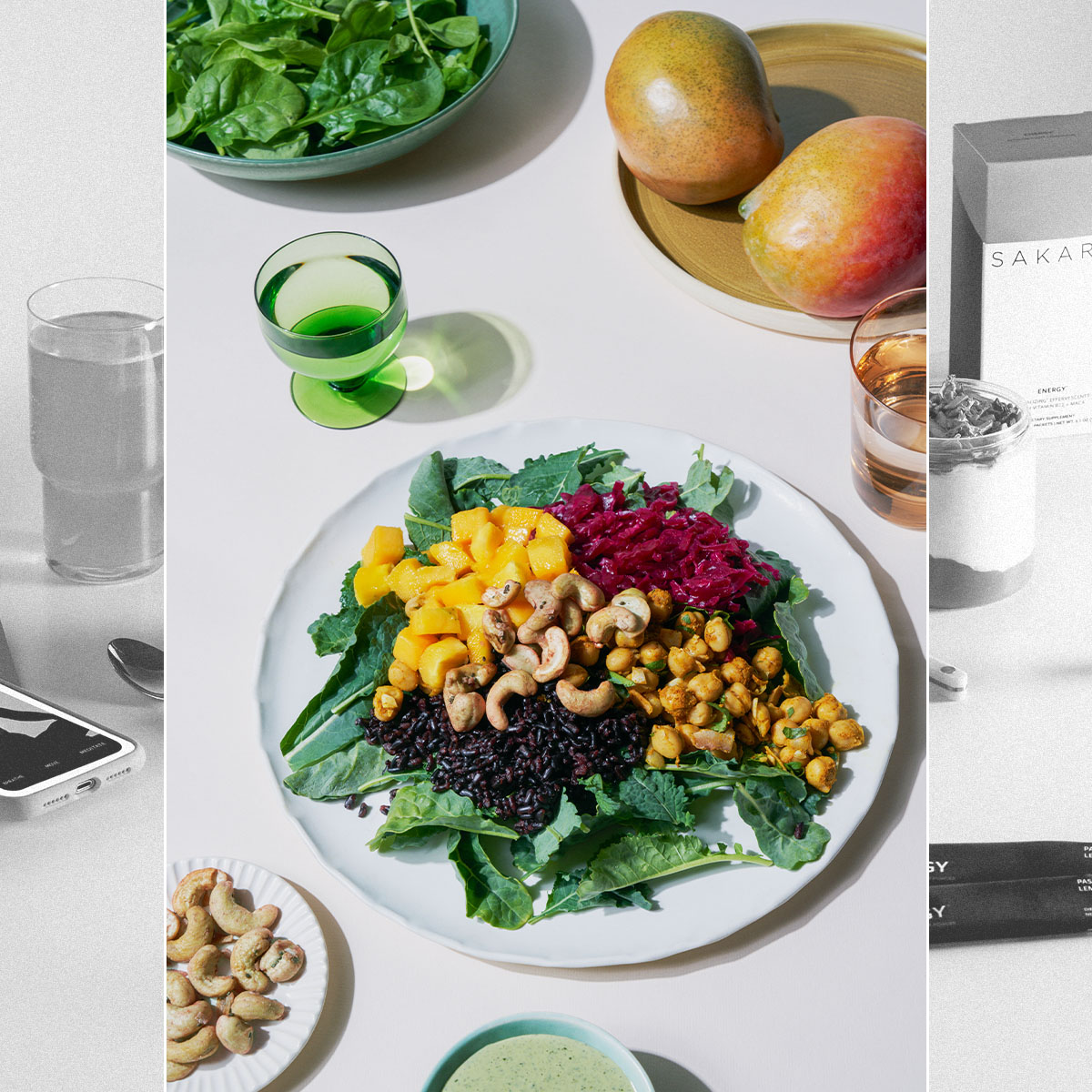 Bella Hadid and Gwyneth Paltrow Apparently Love Sakara Life, so We Tried It for 30 Days
Bella Hadid and Gwyneth Paltrow Apparently Love Sakara Life, so We Tried It for 30 DaysHere are our honest thoughts.
By Erin Jahns
-
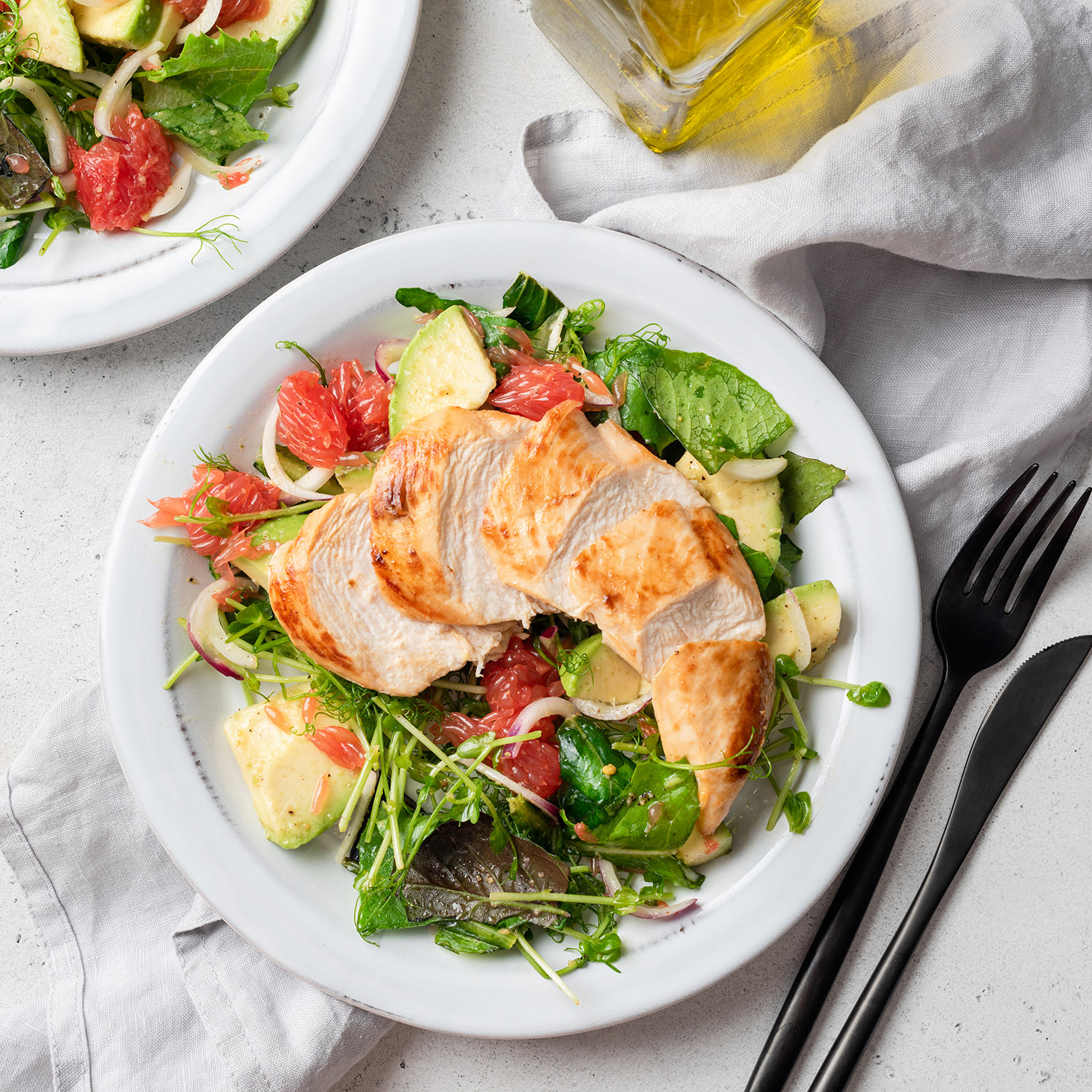 The 6 Warning Signs You're Not Getting Enough Protein
The 6 Warning Signs You're Not Getting Enough ProteinAnd what to eat to up your intake.
By Sarah Yang
-
 Everything This Professional Ballet Dancer Eats to Fuel Her for Performances
Everything This Professional Ballet Dancer Eats to Fuel Her for PerformancesHer grocery staples include high-quality French butter.
By Candice Aman
-
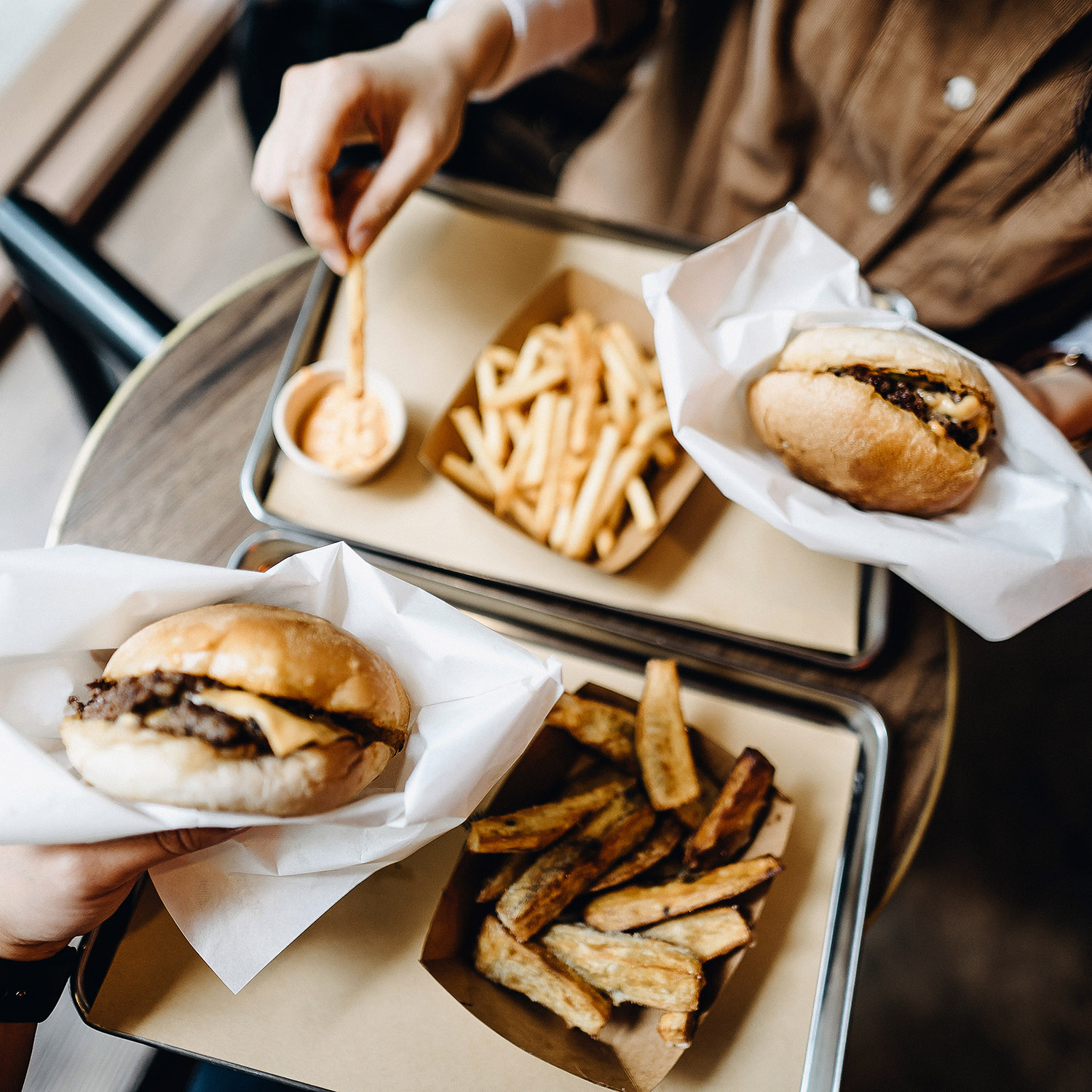 These 8 Foods Are the Worst for Rosacea—Here's What to Eat Instead
These 8 Foods Are the Worst for Rosacea—Here's What to Eat InsteadControl those flare-ups.
By Sarah Yang
-
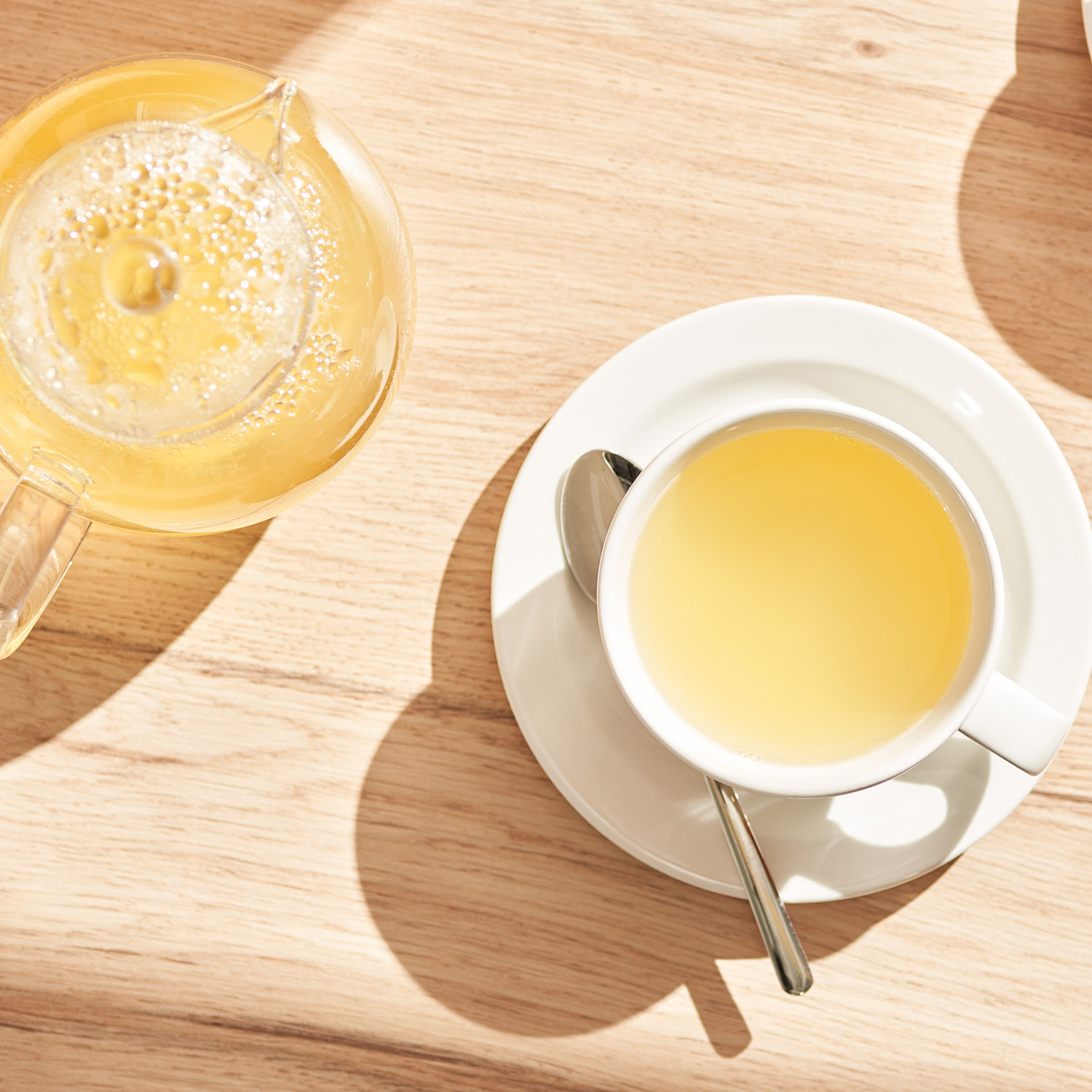 15 Things That Cause Bloating and How to Get Rid of It ASAP
15 Things That Cause Bloating and How to Get Rid of It ASAPTry these.
By Sarah Yang
-
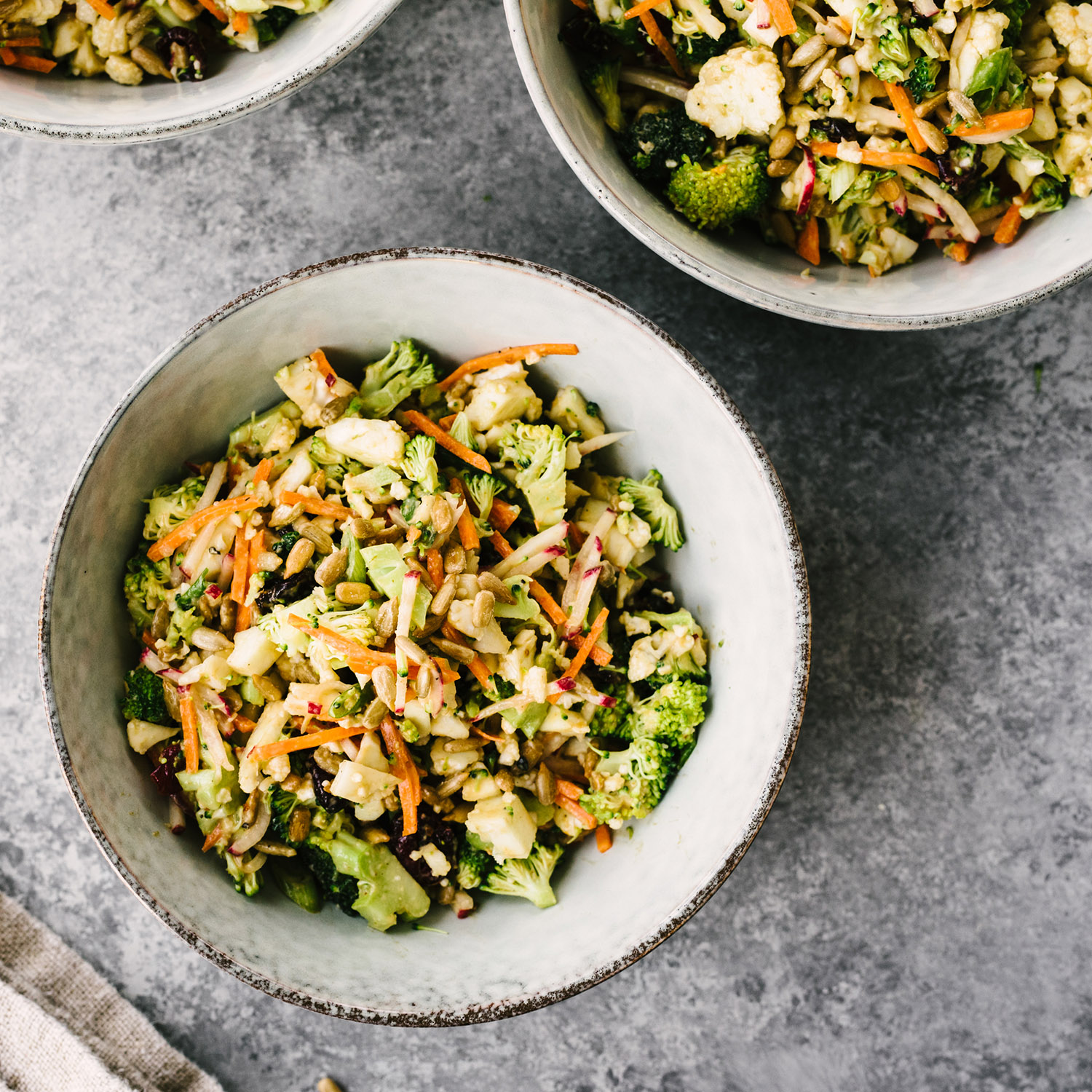 Is the Alkaline Diet Overhyped? What Experts Want You to Know
Is the Alkaline Diet Overhyped? What Experts Want You to KnowHere's how it works.
By Sarah Yang
-
 I'm an Imperfect Dietitian and My Key to Eating Healthy Meals Is Convenience
I'm an Imperfect Dietitian and My Key to Eating Healthy Meals Is ConvenienceTake a peek at my weekly grocery staples.
By Candice Aman
-
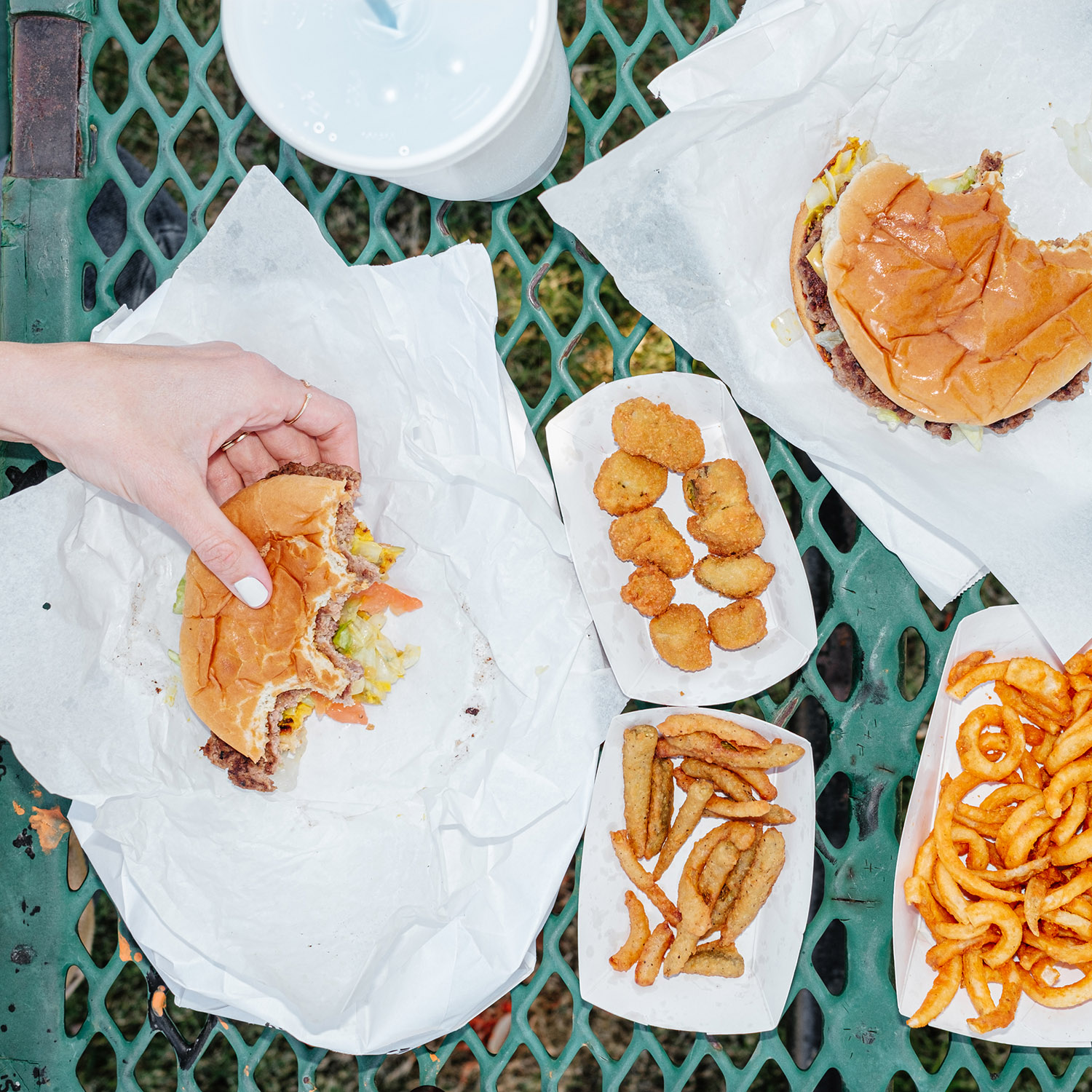 Avoid These 6 Foods—They'll Wreck Your Gut Health
Avoid These 6 Foods—They'll Wreck Your Gut HealthWhat to eat instead.
By Sarah Yang
